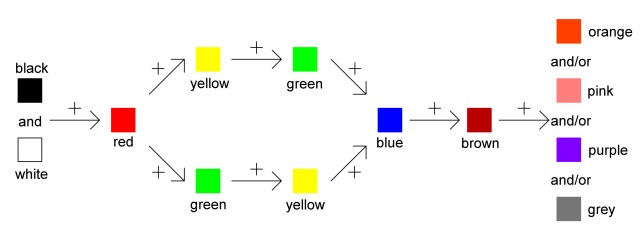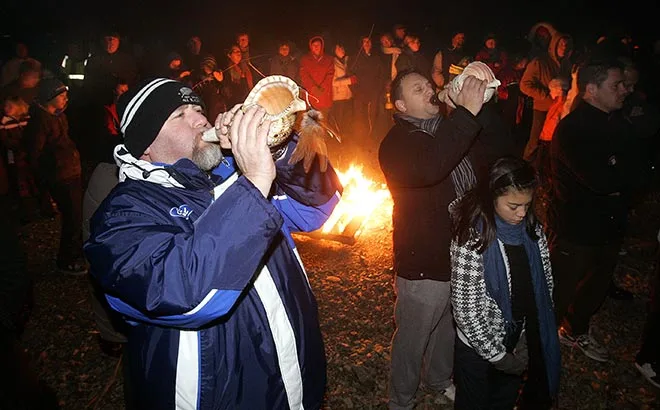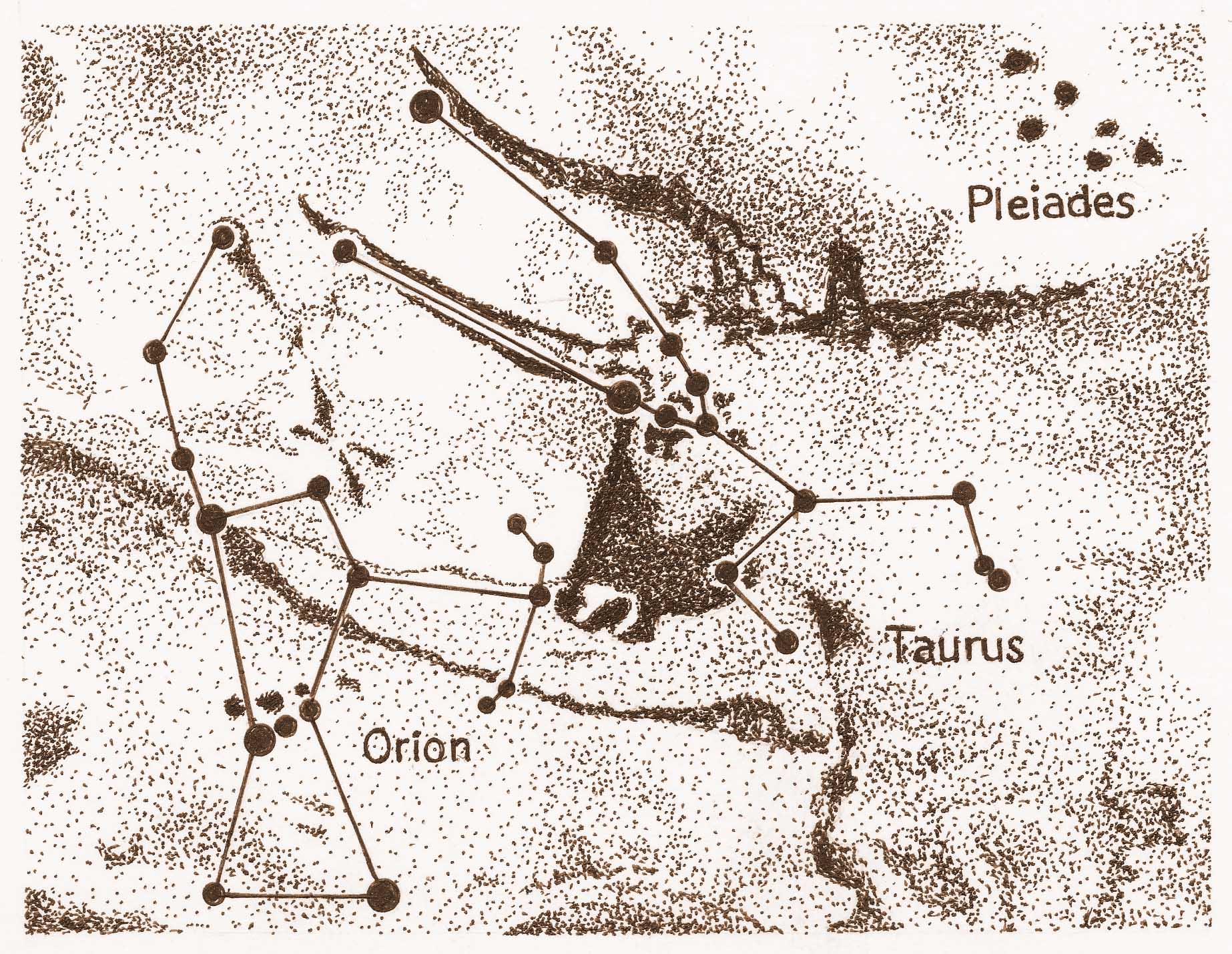·
Shopping
centre – a large building with many shops.
·
Modern
– new and up-to-date in style.
·
Energy
– a lively or busy feeling in a place.
·
Popular
– liked by many people.
·
Comfortable
– pleasant and easy to be in.
·
Good-quality
– well-made; something that lasts.
·
Stationery
– things like pens, notebooks, and paper.
·
Relaxed
atmosphere – a calm, pleasant feeling in a place.
·
Convenient
– easy to use or easy to get to.
·
Enjoyable
– fun or pleasant.
One of my favourite places to go shopping is 277
Newmarket in Auckland. It is part of Westfield Newmarket, a big and modern
shopping centre. ____ you walk inside, it feels bright, busy, and full of
energy. There are many shops, cafés, and places to relax, ____ it is easy to
spend a long time there.
It is on Broadway in Newmarket, ____ is a popular
shopping area in the city. It’s easy to get to by bus, train, or car, ____ the
area feels safe and friendly. The shopping centre is clean and well-designed,
____ it is comfortable to walk around.
____ a 54-year-old teacher, I can find many things I need. I
often look for good-quality clothes for work—something smart but comfortable
for long days in the classroom. I also enjoy visiting bookstores and stationery
shops ____ I like buying new notebooks, pens, or small things I can use for my
lessons. ____ I stop for a coffee or a snack when I want a short break.
I like 277 Newmarket because it has everything in one
place. It is convenient, it has a relaxed atmosphere, ____ I can find both
practical things and little treats for myself. It makes shopping easy and
enjoyable, ____ it is one of my favourite places to go.
One of my FAVOURITE places to go SHOPPING is 277
NEWMARKET in AUCKLAND. It is part of WESTFIELD NEWMARKET, a BIG
and MODERN shopping CENTRE. When you walk INSIDE, it feels
BRIGHT, BUSY, and full of ENERGY. There are many SHOPS,
CAFÉS, and places to RELAX, so it is EASY to spend a LONG
time there.
It is on BROADWAY in Newmarket, which is a POPULAR
shopping AREA in the CITY. It’s EASY to get to by BUS,
TRAIN, or CAR, and the area feels SAFE and FRIENDLY.
The shopping centre is CLEAN and well-DESIGNED, so it is COMFORTABLE
to walk AROUND.
As a 54-YEAR-OLD TEACHER, I can find many THINGS
I NEED. I often look for GOOD-QUALITY CLOTHES for WORK—something
SMART but COMFORTABLE for LONG days in the CLASSROOM.
I also enjoy visiting BOOKSTORES and STATIONERY shops because I
like buying new NOTEBOOKS, PENS, or small THINGS I can use
for my LESSONS. And sometimes I stop for a COFFEE or a SNACK
when I want a SHORT break.
I like 277 NEWMARKET because it has EVERYTHING
in one PLACE. It is CONVENIENT, it has a RELAXED
atmosphere, and I can find both PRACTICAL things and little TREATS
for MYSELF. It makes SHOPPING EASY and ENJOYABLE,
and that is why it is one of my FAVOURITE places to GO.









%201.jpg)






